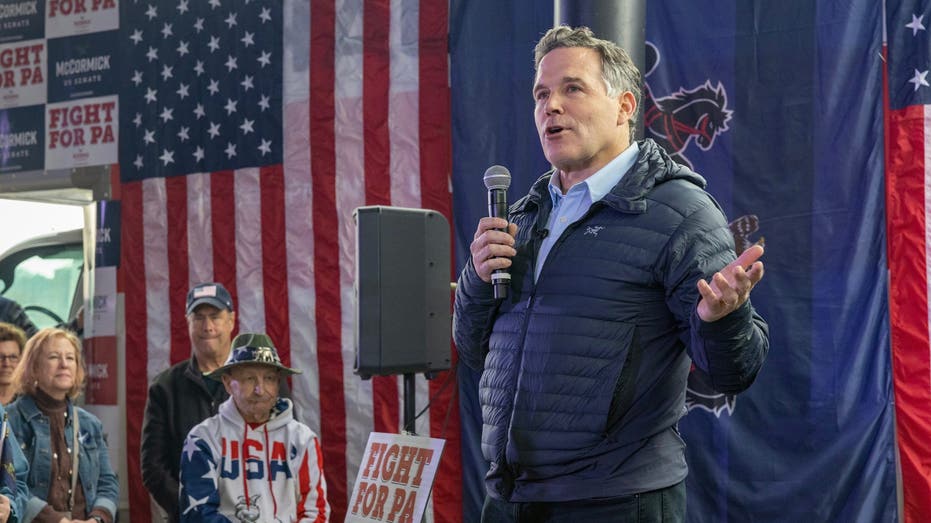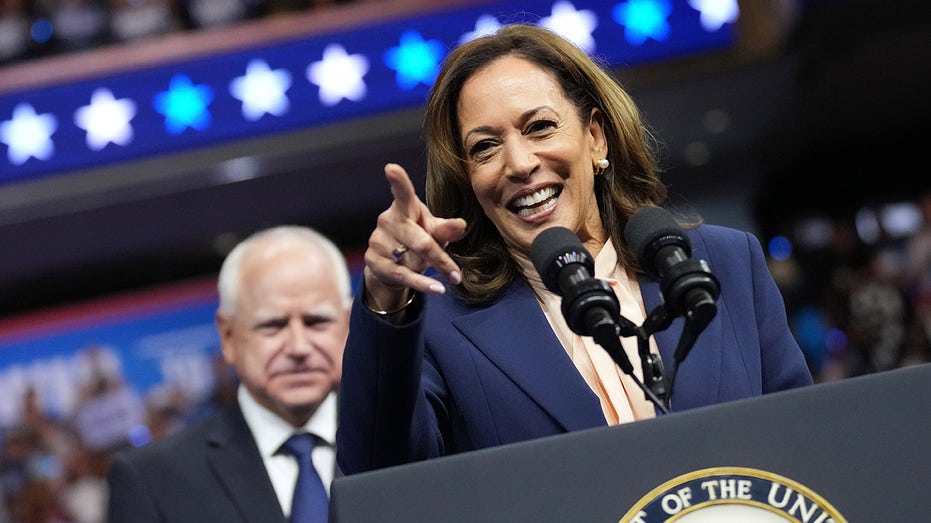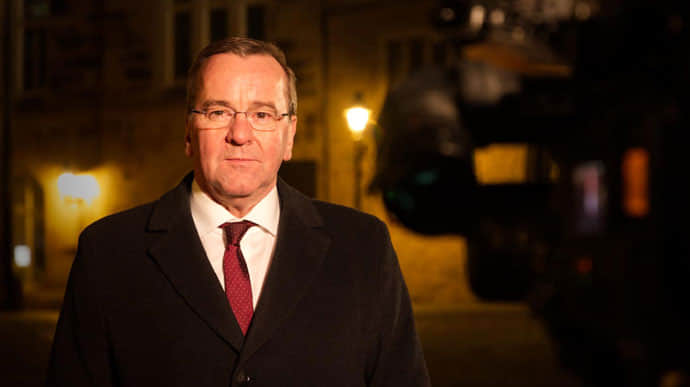Sterling falls as Bailey suggests Bank could become ‘ more activist’ on rate cuts
The Governor's comments were seen as slightly more dovish than his previous guidance had implied, prompting markets to anticipate further rate cuts in the months ahead.
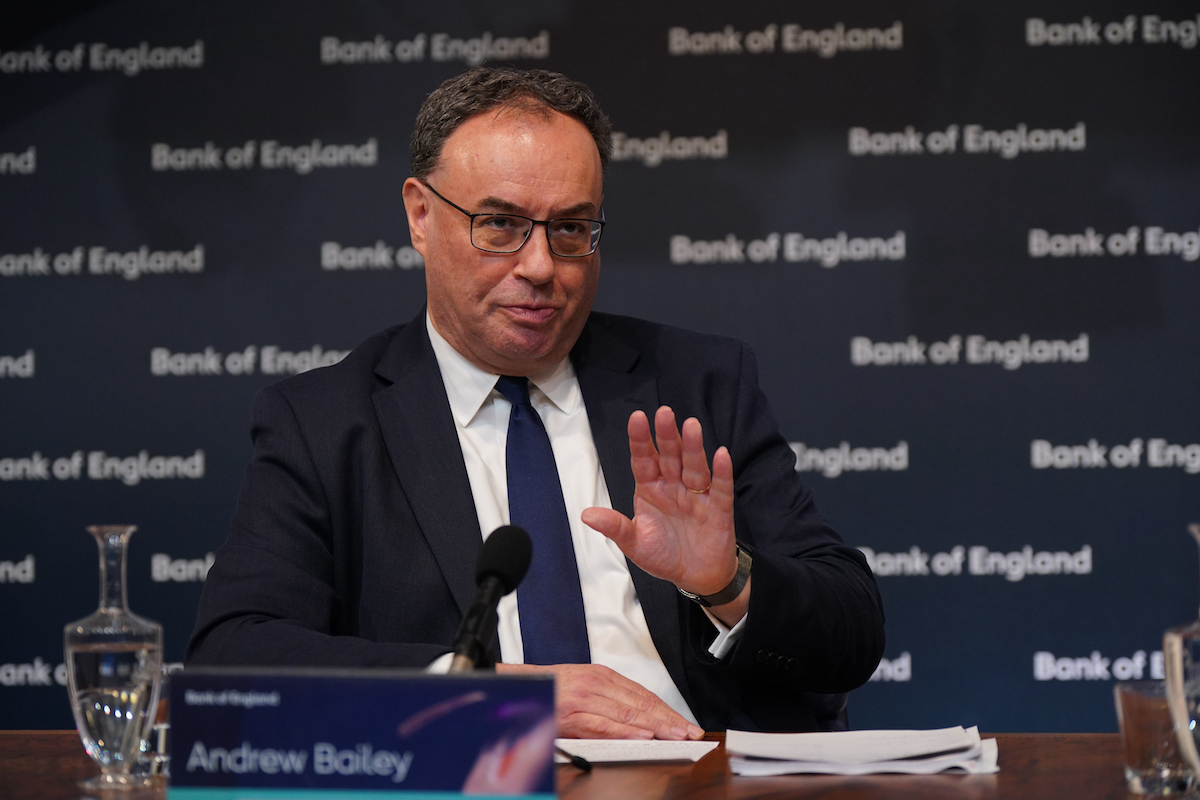
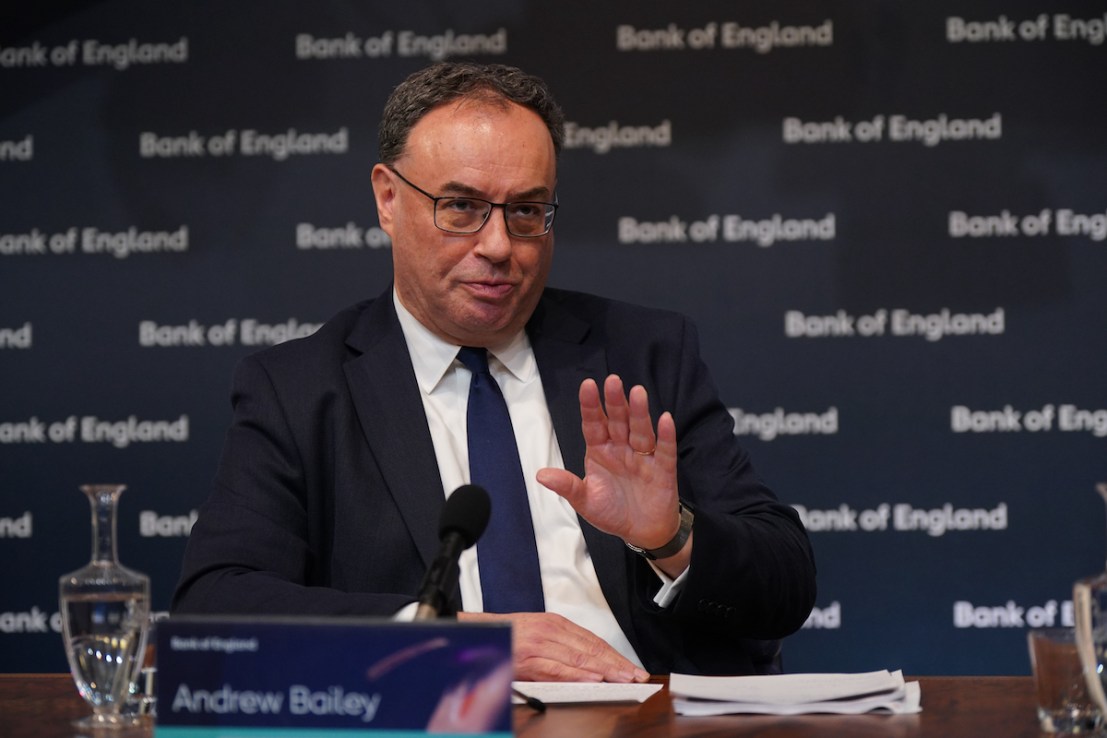
Sterling fell sharply this morning after Andrew Bailey suggested the Bank of England could be a “bit more aggressive” cutting interest rates if inflation continued to moderate.
The Governor’s comments were seen as slightly more dovish than his previous guidance had implied, prompting markets to anticipate further rate cuts in the months ahead.
The Bank cut interest rates for the first time since the pandemic in August, but policymakers opted to leave rates on hold last month.
Following September’s meeting, Bailey suggested that there would be further rate cuts this year, but also cautioned that the Bank could not cut rates “too far or too fast”.
However, speaking to the Guardian, Bailey said the Bank could be a “bit more activist” if there is further good news on inflation.
Inflation came in at 2.2 per cent in August, marginally above the two per cent target. Bank officials expect it to gradually rise over the remainder of the year to around three per cent.
“The market has used Bailey’s comments as a green light to price in more monetary loosening,” Kathleen Brooks, research director at XTB said.
Following the comments, the pound was trading 0.8 per cent lower against the dollar at $1.315, its lowest level in two weeks.
Lower interest rates tend to weaken domestic currencies because international investors can earn a higher return on their investments elsewhere.
Sterling has suffered a poor week. At the end of September, it was trading around $1.34, its highest level in two-and-a-half years.
The pound has suffered as investors have sought safe-haven currencies like the dollar following the escalation in the Middle East.
Brooks said: “GBP/USD has already sold off sharply this week, so further downside could be limited in the short term, however, Bailey has made it harder for the pound to recover.”

